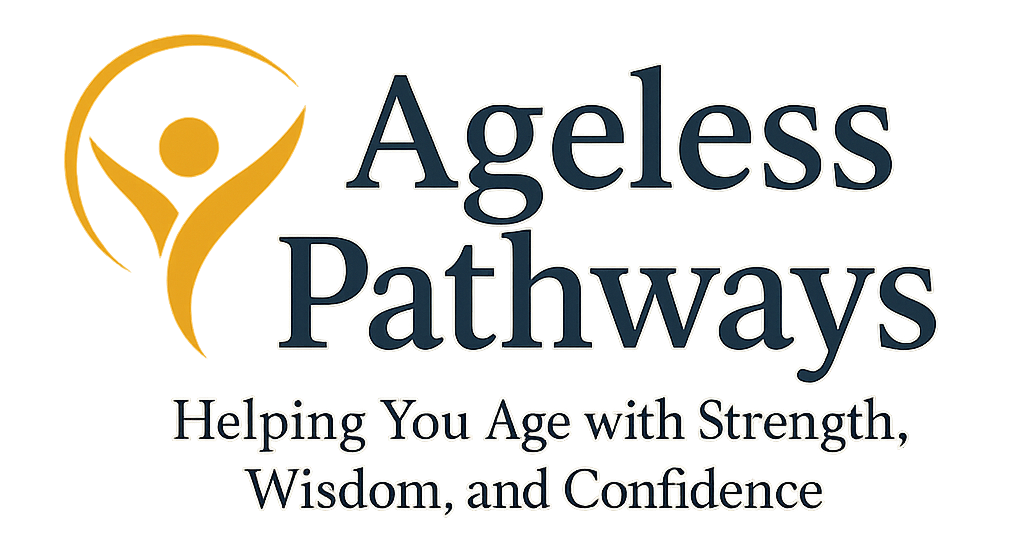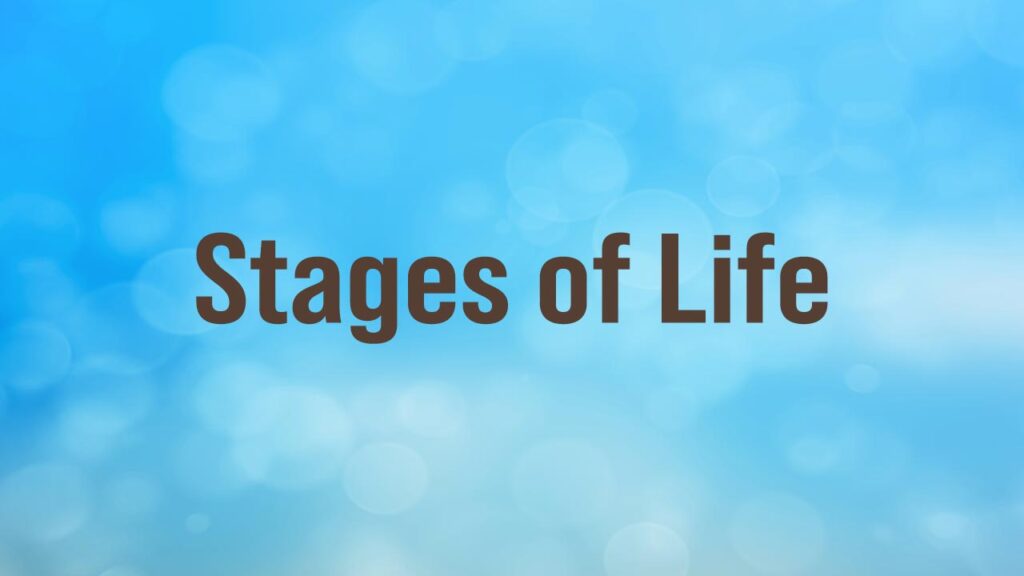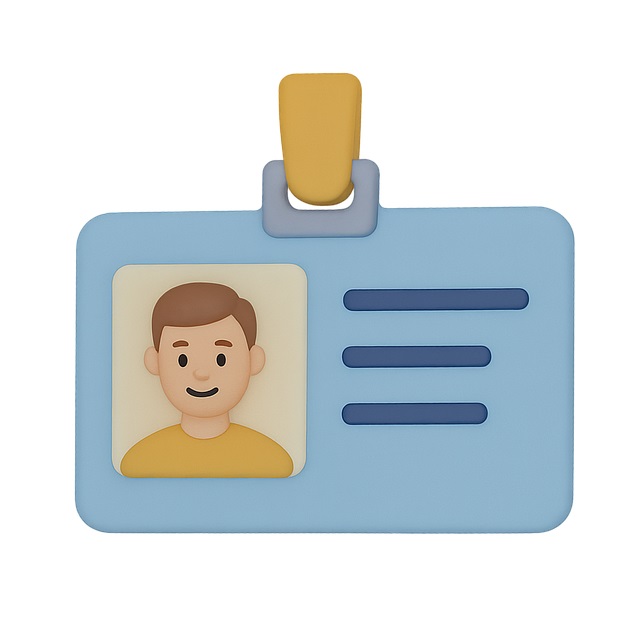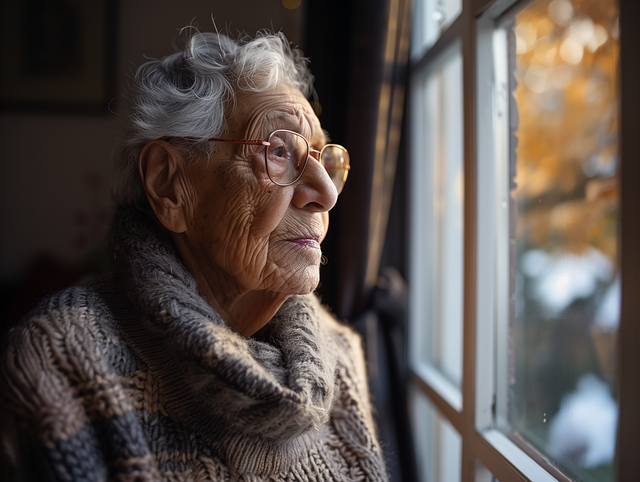
Welcome Back to Ageless Pathways your Key to Living your Golden Years
Facing The Fear of Retirement

Welcome Back, Embracing a New Chapter with an Open Mind
Welcome Back, Subsequently, over the next posts we will be looking at how to have the correct mindset to thrive in your golden years. Also, a different way of building strength, and the exercises to achieve and maintain strength, stability and health through your golden years. Therefore, with the aim of putting more years in your life and with more life in those years. So then, longevity is not just about living longer, but also about living stronger.
An Introduction to Retirement

Welcome Back. Consequently, retirement is often seen as the finish line, but in truth, it’s the start of an entirely new chapter. Besides, this stage of life brings freedom, but it also comes with challenges. Such as, changes in identity, finances, health, and even social connections. However, for older adults, it’s essential to approach retirement not with fear, but with curiosity and an open mind.
Retirement A New Life Phase

In this post, we’ll explore what makes retirement such a different phase of life. And why it can feel both exciting and unsettling. But most importantly, how to navigate it with strength, purpose, and confidence.
Above all, retirement is one of the most significant transitions in life. Here, for decades, our daily routines, goals, and even our sense of identity often revolve around work, raising families, or fulfilling responsibilities. So then, almost suddenly, retirement arrives, and the world looks very different. In this case, while some eagerly anticipate the freedom, others may feel uncertain or even fearful. However, this isn’t simply the end of a career—it’s the beginning of an entirely new phase of life. Furthermore, to thrive, older adults must approach it with openness, awareness, and a willingness to adapt.
1. Understanding the Change in Identity

For many people, work has been more than just a job; it has been a source of purpose, structure, and identity. But, losing that role can feel disorienting. retirement requires us to recognise that we are more than our careers. As a result, we must learn to define ourselves by who we are, not by what we did.
Hence, this is an opportunity to rediscover passions, talents, and values that may have been set aside. Including, whether it’s volunteering, mentoring, or pursuing creative hobbies, retirement opens the door to building a new identity on our own terms.
2. Adjusting to a Different Pace of Life

For example, one of the biggest differences retirements bring is time. Here, suddenly, your days are no longer dictated by work schedules, meetings, or commutes. for some, this feels liberating; for others, it can lead to restlessness or even boredom.
Consequently, the challenge is to create a balance between relaxation and meaningful activity. So then, planning routines that include exercise, social connections, learning, and leisure helps maintain a healthy rhythm. Structure isn’t just for the working years—our bodies and minds still thrive when life has a sense of flow.
3. Facing Financial Realities

Work provides a steady income, while retirement means relying on pensions, savings, or investments. This shift can be stressful, especially as costs of living rise and lifespans increase.
Older adults need to accept that financial management in retirement is different. It’s less about building wealth and more about preserving and wisely using resources. Budgeting, downsizing, or seeking part-time work can help maintain security. An open mind towards adjusting lifestyle expectations is essential.
4. Coping with Emotional and Social Shifts

Retirement can bring loneliness or a sense of loss if friendships and social circles were tied closely to work. The absence of daily interactions may leave some people isolated.
The key is to actively seek new connections. Joining clubs, volunteering, or participating in community activities can rebuild social networks. Retirement isn’t about stepping away from society—it’s about finding new ways to belong, contribute, and connect.
5. Maintaining Health and Independence

With more free time, health often takes center stage. Without the discipline of routines, some may slip into inactivity, which accelerates age-related decline.
Older adults must recognise that staying physically strong, mentally alert, and emotionally resilient is the foundation of enjoying retirement. Regular exercise, balanced nutrition, and preventive healthcare all contribute to independence and quality of life. This is not the time to slow down—it’s the time to invest in longevity.
6. Embracing a Growth Mindset

Welcome Back, Perhaps the greatest challenge—and opportunity—of retirement is mindset. Those who see it as the “end of the road” may fall into stagnation, while those who see it as a “new beginning” often flourish.
This phase of life can be a time of personal growth: learning a new language, traveling, writing, gardening, or even starting a small business. The world is full of opportunities for those who remain curious and adaptable.
✅ Retirement Readiness Checklist
6 Things Every Older Adult Should Remember
1. Redefine Your Identity
- Accept that you are more than your career.
- Explore passions, hobbies, or volunteer roles that bring you purpose.
2. Set a Healthy Routine
- Balance rest with meaningful daily activities.
- Include exercise, learning, and relaxation to keep your days fulfilling.
3. Be RealisticAbout Finances
- Review pensions, savings, and budgets.
- Adjust lifestyle expectations to match your resources.
4. Stay Connected
- Replace work-related social ties with new connections.
- Join community groups, clubs, or volunteer programs.
5. Prioritize Health & Independence
- Commit to regular exercise and balanced nutrition.
- Keep up with preventive health checks.
6. Adopt a Growth Mindset
- View retirement as a new beginning, not an ending.
- Stay curious, keep learning, and embrace change.
👉 Tip: Keep this checklist visible—on the fridge, a noticeboard, or saved on your phone—as a daily reminder to face retirement with an open mind and active spirit.
Final Thoughts
Welcome Back, Retirement is not the conclusion of life’s journey—it is the start of an entirely new chapter. Yes, it brings differences and challenges: shifts in identity, finances, health, and social life. But with an open mind, older adults can turn those challenges into opportunities.
The reality is simple: retirement is what you make it. By embracing change, nurturing health, and pursuing passions, this stage of life can be one of freedom, purpose, and fulfillment.
Pensioner Fitness – Helping You Stay Strong, Steady, and Self-Reliant
Pensioner Fitness Awards
THE BUSINESS CONCEPT, BEST IN BUSINESS AWARDS
- “MOST INSPIRING SENIOR WELLNESS WEBSITE 2023“
THE GLOBAL HEALTH AND PHARMA, FITNESS AND NUTRITION AWARDS
2. “BEST SENIOR FITNESS AND NUTRITION SPECIALIST 2023“
THE MIDDLE EAST AND AFRICA BUSINESS AWARDS
3. “ MOST INCLUSIVE FITNESS PROVIDER 2023″
THE CORPORATE LIVE WIRE GLOBAL AWARDS 2023/2024
4. ” FITNESS ADVISORY PLATFORM OF THE YEAR“ 2023/2024
In Conclusion
Welcome Back, Retirement and old age are often painted as a season of rest, freedom, and well-earned rewards after decades of work. Yet for many, this stage of life also brings a deep sense of uncertainty. Stepping away from a career, daily routines, and familiar responsibilities can feel like leaving behind part of one’s identity. Questions about financial security, physical health, mental sharpness, and personal purpose often rise to the surface, sometimes louder than the promises of leisure.
The uncertainty is not only practical but emotional. How will I spend my days? Who will I share them with? What will give me meaning when the rhythm of work is no longer there? These thoughts can stir unease, even fear. Old age itself adds another layer: the body slows, health becomes less predictable, and the awareness of time grows sharper.
Yet within this uncertainty lies possibility. Retirement and ageing are not just an ending but a transition—a chance to reshape priorities, discover new passions, and find strength in experiences gathered over a lifetime. It is a journey that requires courage, openness, and adaptability, but also one that can be deeply rewarding when faced with honesty and hope.
Important Note *
Remember that everyone is different, it is ultimately YOUR RESPONSIBILITY to find what your body responds to. So please do your due diligence before trying anything new, including getting Medical Advice to ensure your safety and peace of mind.
Connect with me and leave a com